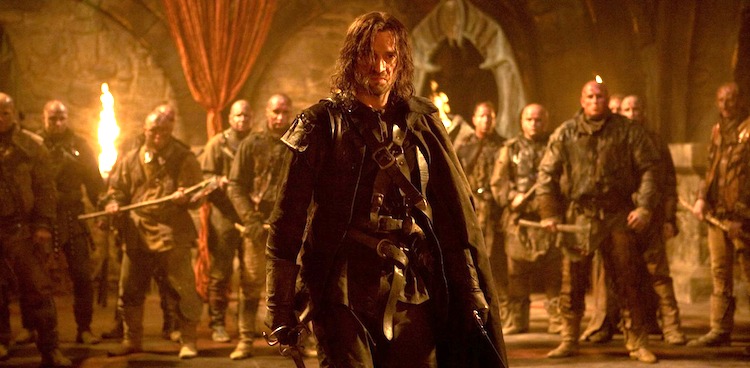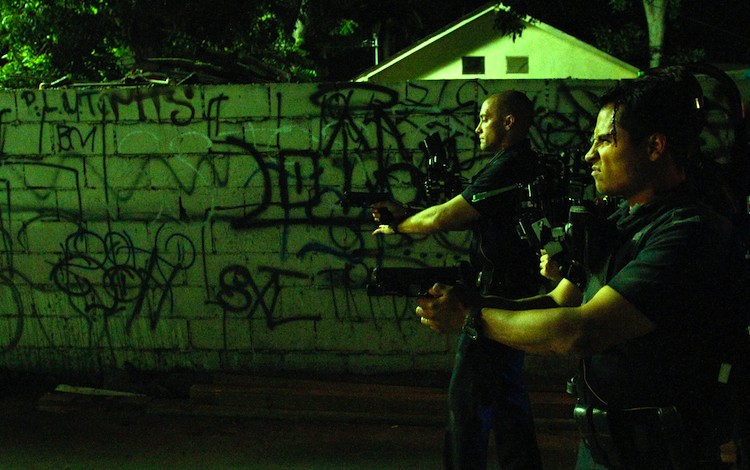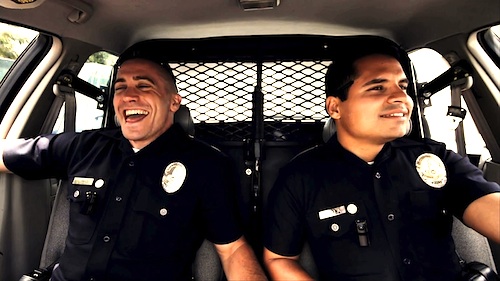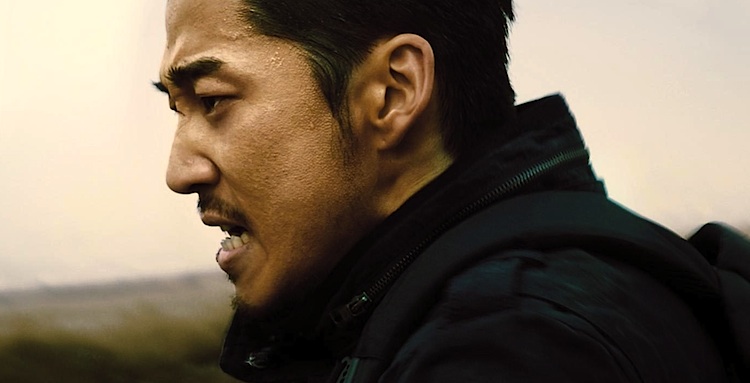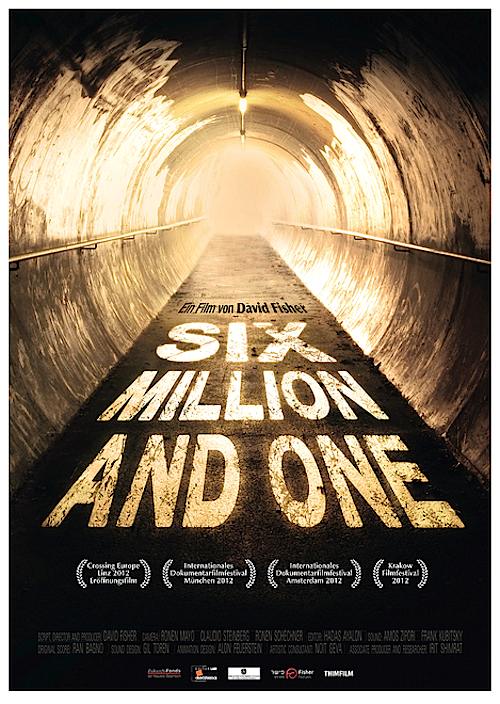By Joe Bendel. To his colleagues, Chick Webb was a musicians’ musician. For dancers, he was their bandleader of choice. Yet, the man who drove the Savoy’s house band is not as widely recognized alongside the Dukes and Counts of jazz royalty as he ought to be. Surviving friends and fans help rectify that in Jeff Kaufman’s thoroughly entertaining documentary profile, The Savoy King: Chick Webb and the Music that Changed America, which screens as part of the 50th New York Film Festival’s On the Arts sidebar.
Chick Webb did not have much margin for error in life. He was an African American, naturally slight of stature, whose childhood back injury led to a broken body and a short lifetime of pain. He could play those drums, though. A reluctant bandleader, Webb held his outfit together during some decidedly hard times, largely thanks to the quality of his personality and music. Eventually, they hit it big through the perfect combination of venue and band.
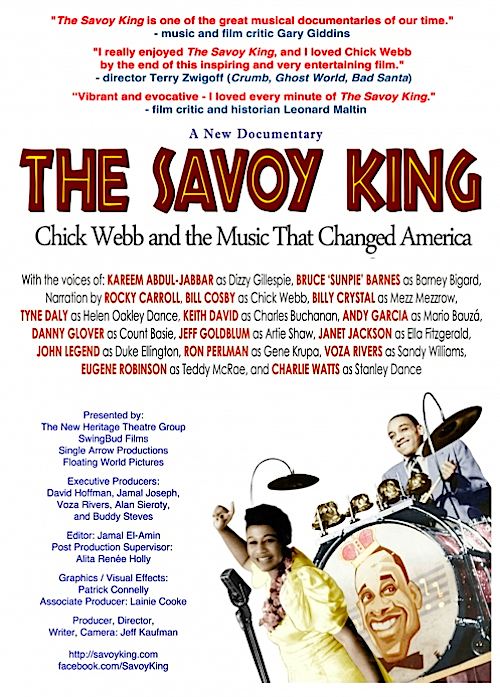 Under progressive management, the Savoy Ballroom was unlike other Harlem nightspots, allowing interracial socializing. It welcomed neighborhood residents onto its dance floor—and dance they did. The eternally youthful Frankie Manning explains how the Chick Webb Orchestra became the band of choice for Lindy Hoppers in general and especially for him. In fact, it was Webb providing special rhythmic support for the first time Manning publicly unveiled his still dazzling air-steps.
Under progressive management, the Savoy Ballroom was unlike other Harlem nightspots, allowing interracial socializing. It welcomed neighborhood residents onto its dance floor—and dance they did. The eternally youthful Frankie Manning explains how the Chick Webb Orchestra became the band of choice for Lindy Hoppers in general and especially for him. In fact, it was Webb providing special rhythmic support for the first time Manning publicly unveiled his still dazzling air-steps.
Those familiar with Ken Burns’ Jazz will also know the basic story of Webb’s legendary battle of the bands with Benny Goodman. Yet, Savoy King tells it from a slightly different perspective, through the written recollections of his friend and promoter, Helen Oakley Dance. Webb also had the distinction of giving a band singer named Ella Fitzgerald her first big break. It all happened in thirty-four all too brief years.
Indeed, one of the many drawbacks of dying at a young age is the difficulty of staking one’s claim on history. Savoy King rightly does so on his behalf, calling upon expert testimony from the likes of Manning, the impossibly cool Roy Haynes, and trumpeter Joe Wilder, a true gentleman of jazz if ever there was one. He also enlists an all-star cast to give voice to the giants of the era, including Bill Cosby (a frequent host of the Jazz Foundation of America’s Great Night in Harlem gala concerts) fittingly cast as Webb himself. For his colleague and favorite arranger Mario Bauzá, Andy Garcia is also about as perfect a match as you could hope to make. However, Janet Jackson as Ella Fitzgerald? She wishes.
Savoy King is a compelling blend of cultural and social history that shrewdly always keeps the music prominent in the mix. Although director-producer-writer Kaufman fully explores Webb’s many tribulations, it is a pleasure to revisit the early swing era in his company. Hip and sensitive, Savoy King is an obvious highlight of this year’s NYFF for jazz fans, but it is also highly recommended for general audiences when it screens this Saturday (9/29) at the Walter Reade Theater and the following Tuesday (10/2) at the Francesca Beale.
LFM GRADE: A-
Posted on September 26th, 2012 at 3:32pm.
